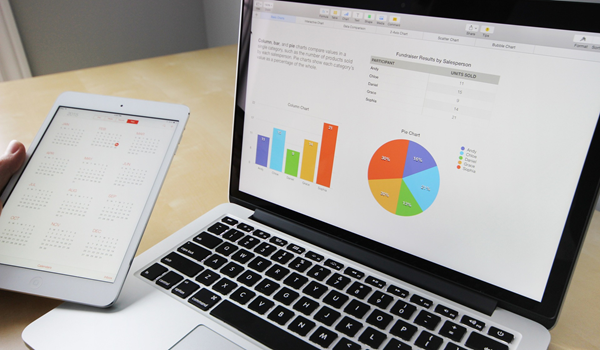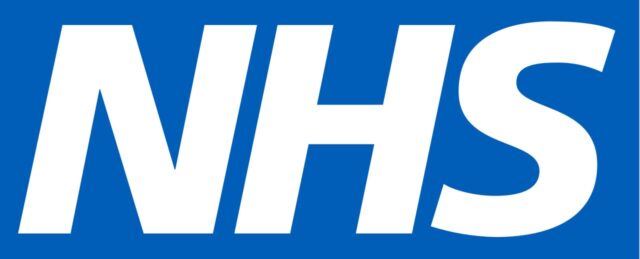Test Results
Results of Tests and Investigations
Please telephone 01373 867986 between 9:30am – 1:00pm and 2pm – 4pm Monday to Friday, you can also request your test results via and online Admin Query form, click here to fill out and submit an online form.
If a result is needed urgently outside of these hours, please telephone the main surgery number: 01373 830316
You should normally allow 5 working days before contacting the results line, to allow time for the result to be available and checked by the doctor. Some specialist tests can take considerably longer to be reported by the laboratory.
Please remember that administrative staff are not medically trained and therefore may not be able to fully answer all your queries about your test results. However, members of our Secretarial Team have been given additional training so that they can inform you of your results in the most clear and helpful way. They can arrange for you to receive further advice about your tests from a doctor if necessary.
Blood Tests
A test result is normally reported to the requesting doctor. If your test was requested by a hospital doctor or clinic then please contact them if you need to obtain your results.
A blood test is when a sample of blood is taken for testing in a laboratory. Blood tests have a wide range of uses and are one of the most common types of medical test. For example, a blood test can be used to:
- assess your general state of health
- confirm the presence of a bacterial or viral infection
- see how well certain organs, such as the liver and kidneys, are functioning
A blood test usually involves the phlebotomist taking a blood sample from a blood vessel in your arm and the usual place for a sample is the inside of the elbow or wrist, where the veins are relatively close to the surface. Blood samples from children are most commonly taken from the back of the hand. The childs hand will be anaesthetised (numbed) with a special cream before the sample is taken.
You can find out more about blood tests, their purpose and the way they are performed on the NHS website.
X-Rays
An X-ray or scan is normally reported to the requesting doctor. If your test was requested by a hospital doctor or clinic then please contact them if you need to obtain your results.
An X-ray is a widely used diagnostic test to examine the inside of the body. X-rays are a very effective way of detecting problems with bones, such as fractures. They can also often identify problems with soft tissue, such as pneumonia or breast cancer.
If you have an X-ray, you will be asked to lie on a table or stand against a surface so that the part of your body being X-rayed is between the X-ray tube and the photographic plate.
An X-ray is usually carried out by a radiographer, a healthcare professional who specialises in using imaging technology, such as X-rays and ultrasound scanners.
You can find out more about x-ray tests, how they are performed, their function and the risks by visiting the NHS website.
Page created: 01 February 2021

